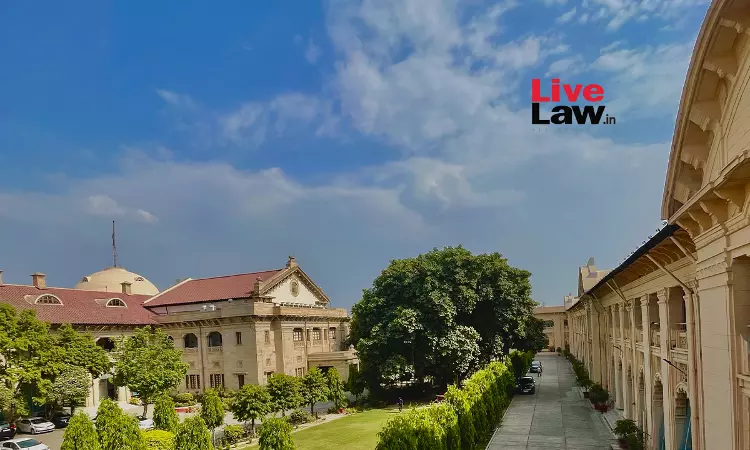'Prosecution Couldn't Prove Case Beyond Reasonable Doubt': Allahabad HC Acquits 3 Convicts In 44 Year Old Murder Case
Sparsh Upadhyay
4 Jun 2024 1:48 PM IST

Next Story
4 Jun 2024 1:48 PM IST
The Allahabad High Court recently set aside the conviction of three murder convicts sentenced to life imprisonment by a Sessions Court in June 1982 on the ground that the prosecution failed to prove the case beyond a reasonable doubt. A bench of Justice Siddhartha Varma and Justice Vinod Diwakar passed this order while allowing the criminal appeal filed by three convicts, two of whom...
